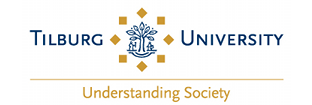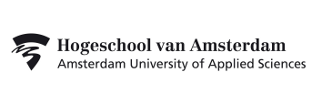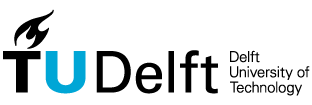Postdoctoral researcher (postdoc) in AI for acoustic biodiversity monitoring
- WO
- Tijdelijk
Functieomschrijving
Are you looking for a research position that combines machine learning with helping to protect nature? Would you like to apply and develop AI methods for sound? Do you want to conduct research that has international academic impact, and also a positive environmental impact?
The Department of Cognitive Science and Artificial Intelligence at Tilburg University is looking for a postdoctoral researcher, for an 18-month position within the European funded project TABMON
The TABMON project will apply autonomous acoustic sensing to biodiversity monitoring across a large geographic range in Europe (from Norway to Spain). Sound recording devices will be placed in diverse bird habitats. Within this project, you will develop machine learning algorithms to analyse these large volumes of audio data. You will investigate the leading algorithms as well as novel ideas, you will carefully design training datasets, and evaluate the performance of algorithms to ensure they work as intended across many countries, in many habitats and seasons.
You will be working with collaborators from multiple countries, including specialists in signal processing, machine learning, and ecology. At Tilburg University you will be part of a research group with unique world-leading expertise in machine learning for animal sound - see for example the Bioacoustic AI network
Your project will include the following goals:
- Train deep learning algorithms for bird sound classification
- Investigate the re-use of existing data and algorithms, and their combination with new innovative algorithms
- Evaluate algorithms for balanced performance across our European case studies (different habitats, species etc)
- Investigate advanced training/application of AI algorithms: not just for classification, but for direct inference of biodiversity-related quantities such as relative population sizes
- Explore combining acoustic data with data from other sources
- Collaborate with project partners in different European countries
- Write high-quality articles for academic conferences and journals
- Publish developed AI algorithms as reusable software
Functie-eisen
Required skills
Essential:
- PhD in one of the following fields, or closely related: machine learning, computer science, applied mathematics, statistics, signal processing, acoustics, bioacoustics
- Experience in training and evaluating deep learning algorithms
- High proficiency in programming (especially Python)
- High quality of academic writing in English
- Good spoken English language skills
- Ability to work independently and self-motivated.
Desirable:
- Experience in machine learning for sound/acoustics
- Experience in one of the main DL frameworks (e.g. PyTorch, Tensorflow)
- Experience with international collaboration
- Experience with software deployment frameworks suitable for machine learning (e.g. Docker, HuggingFace)
- Good publication record appropriate to the career stage
- Demonstrated interest in biodiversity, animal behaviour, animal sound, or related topics
Bedrijfsomschrijving
Research and education at the Tilburg School of Humanities and Digital Sciences (TSHD) has a unique focus on humans in the context of the globalizing digital society, on the development of artificial intelligence and interactive technologies, on their impact on communication, culture and society, and on moral and existential challenges that arise. The School of Humanities and Digital Sciences consists of four departments: Communication and Cognition, Cognitive Science and Artificial Intelligence, Culture Studies and Philosophy; several research institutes and a faculty office. Also the University College Tilburg is part of the School. Each year around 275 students commence a Bachelor or (Pre) Master Program. The School has approximately 2000 students and 250 employees.
Arbeidsvoorwaarden
What we offer
- A fixed-term contract of 18 months at 1.0 FTE.
- The candidate will be ranked in the Dutch university job ranking system (UFO) as Researcher 4. The starting gross salary for a full-time appointment is (minimally) € 3.226,- up to (maximally) €5.090,- per month. Grading based on relevant experience.
- A holiday allowance of 8% and an end-of-year bonus of 8,3% (annually)
- Researchers from outside the Netherlands may qualify for a temporary tax-free allowance equal to 30% of their taxable salary. Tilburg University will apply for such an allowance on their behalf.
- Tilburg University is rated among the top Dutch employers and offers excellent fringe benefits, including excellent technical infrastructure, savings schemes and excellent sport facilities.
- The collective labor agreement of the Dutch Universities applies.
Meer informatie
For more information on this position or the project, please contact the principal investigator, Dan Stowell: d.stowell@tilburguniversity.edu.



